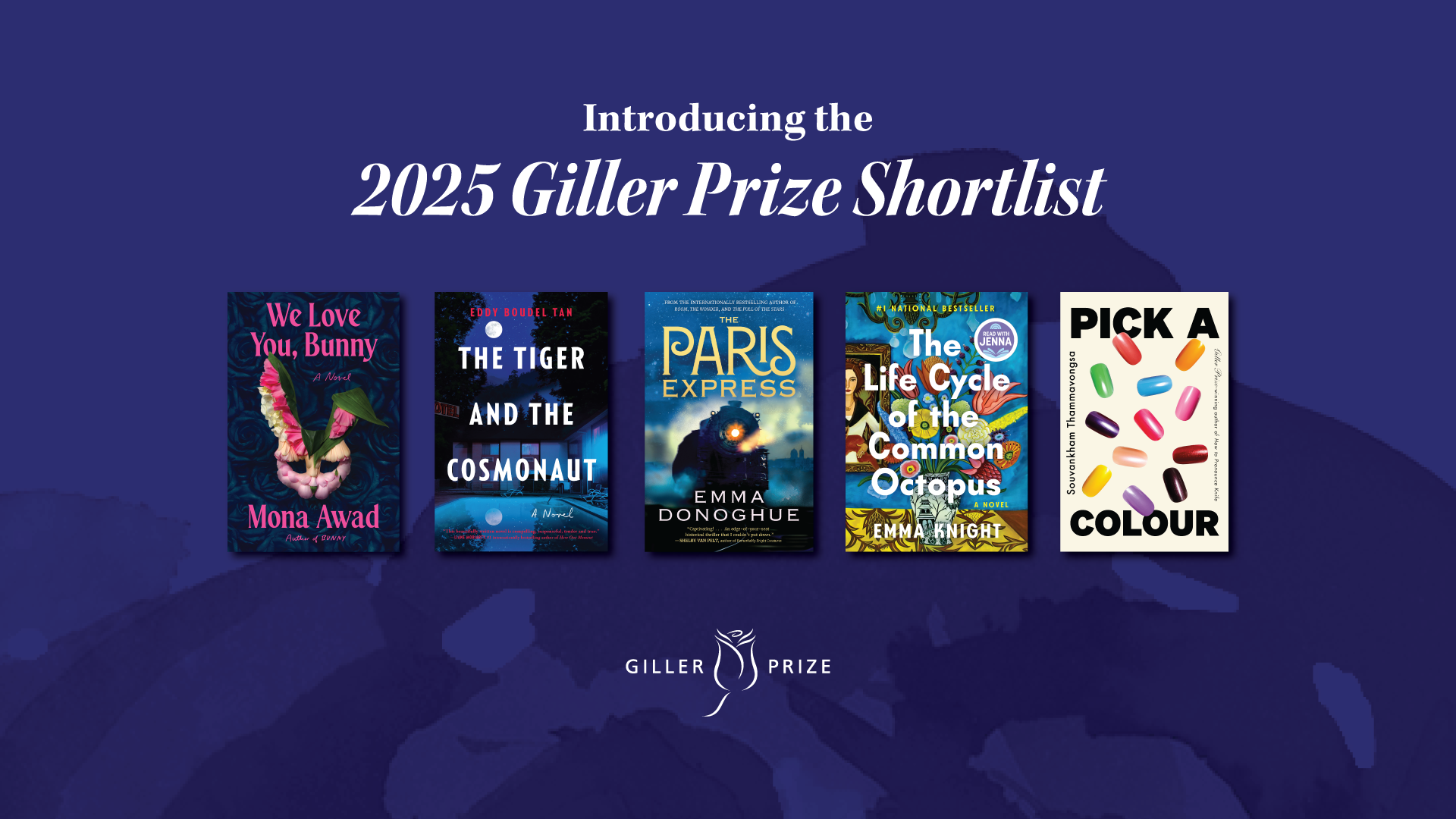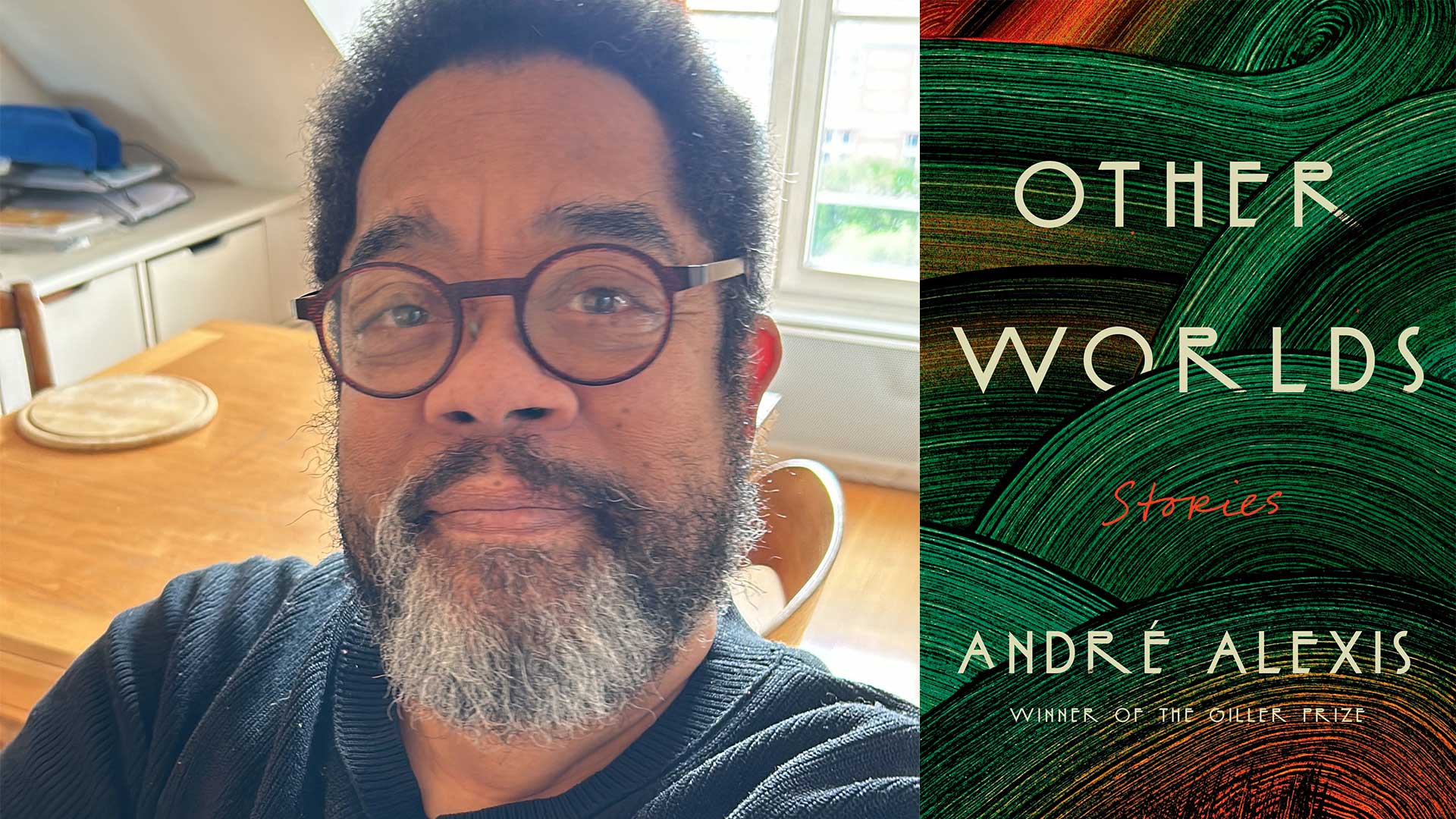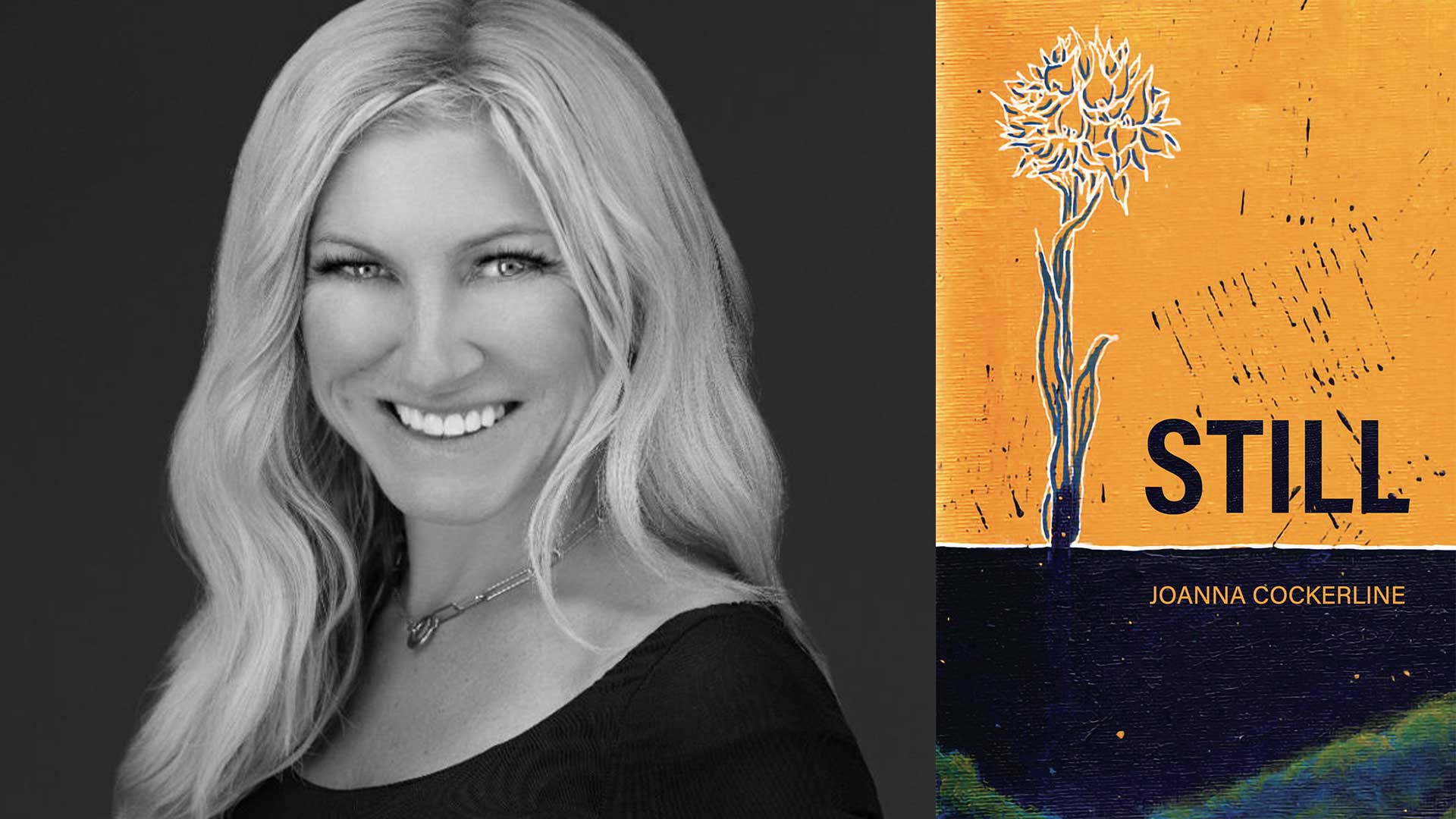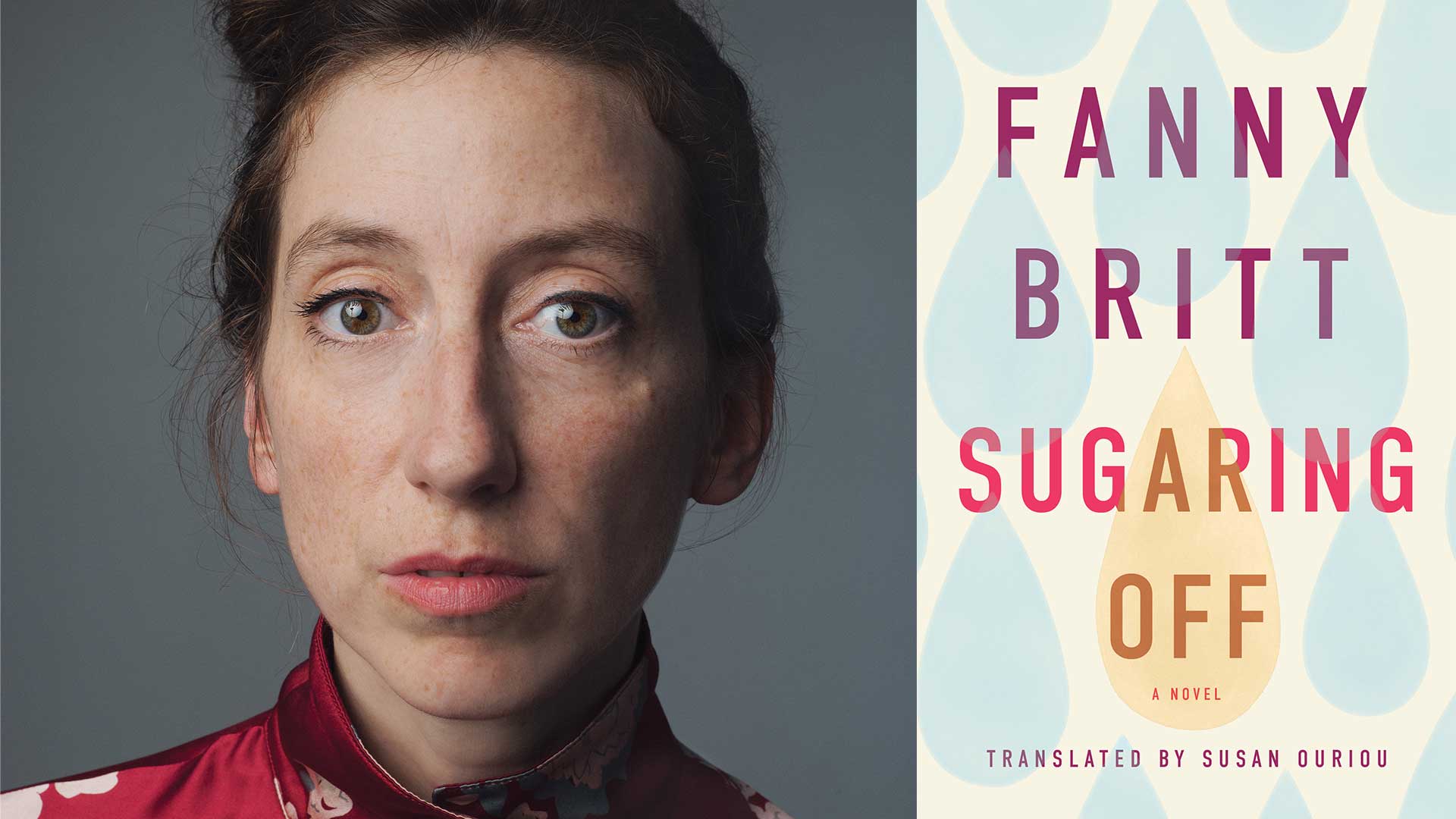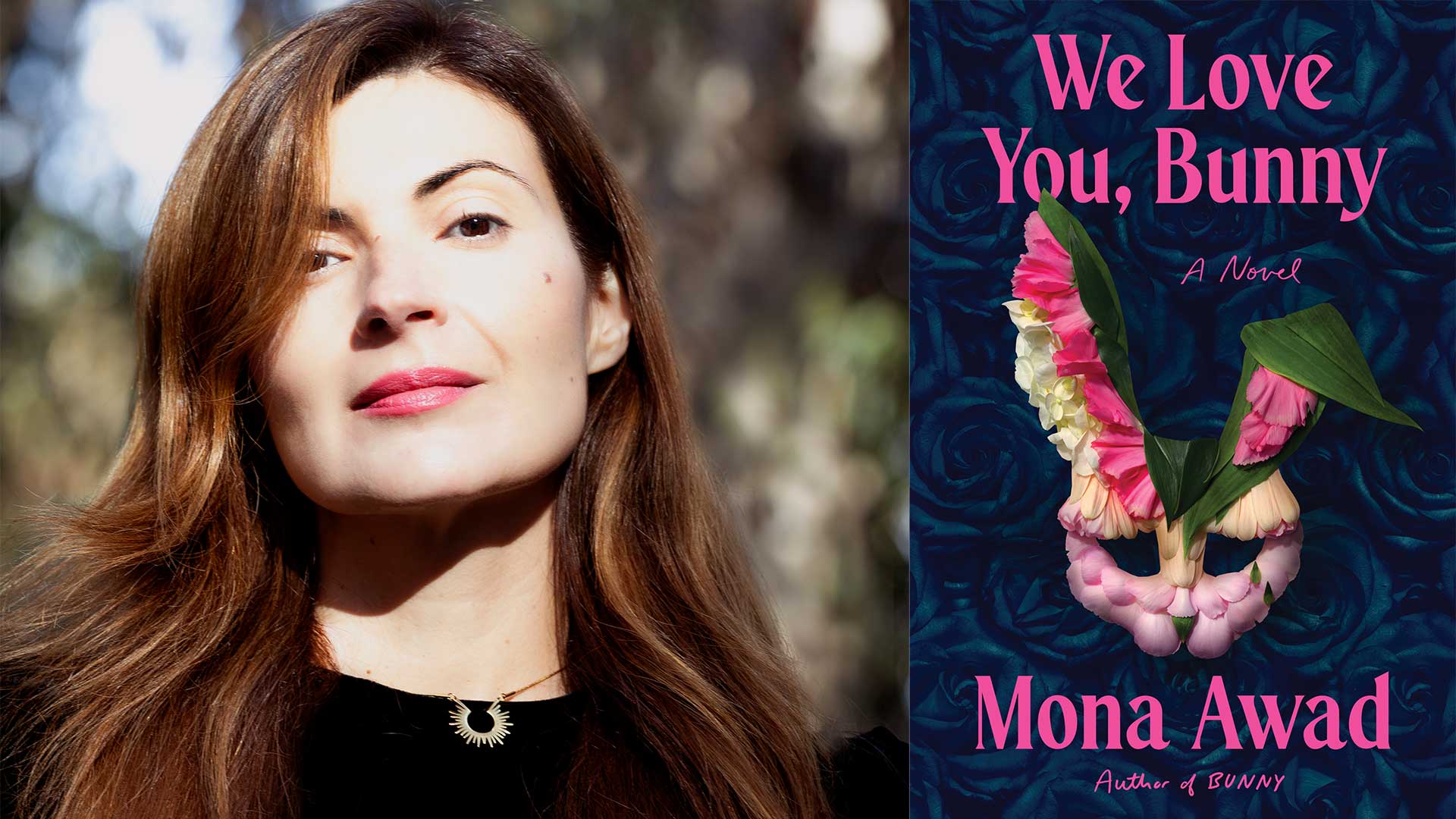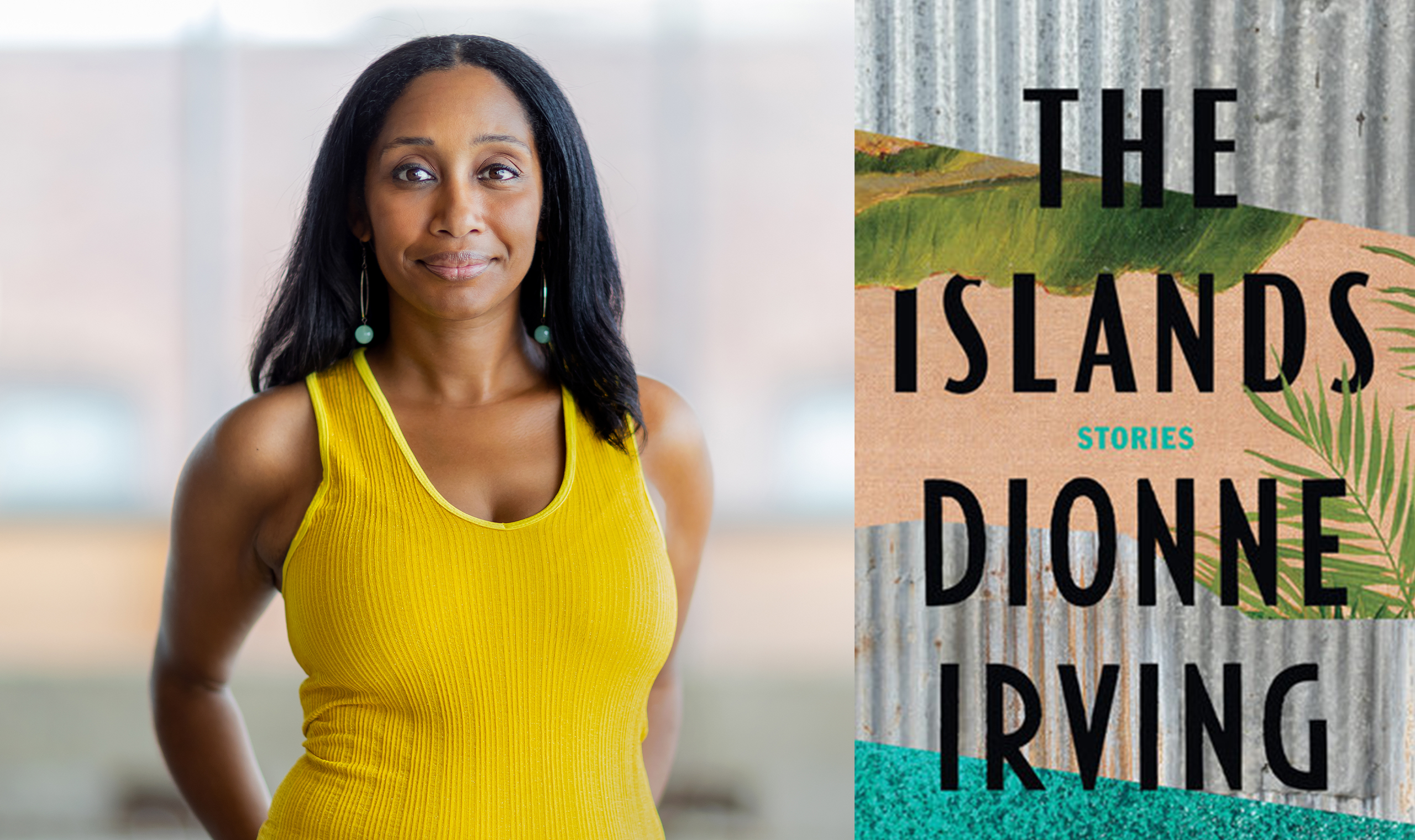
Scotiabank Giller Prize Spotlight: Dionne Irving
Scotiabank Giller Prize Spotlight: Dionne Irving
September 24, 2023
Dionne Irving’s short story collection The Islands: Stories has been longlisted for the 2023 Scotiabank Giller Prize.
Dionne Irving is originally from Toronto, Ontario. Her work has appeared in Story, Boulevard, LitHub, Missouri Review, and New Delta Review, among other journals and magazines. Her first novel Quint came out in the fall of 2021. She currently teaches in the Creative Writing Program and the Initiative on Race and Resilience at the University of Notre Dame, and lives in Indiana with her husband and son.
What inspired you to write The Islands?
I suppose that, initially, I was inspired to write this book because these are the sorts of stories that I wanted when I was growing up, and I didn’t have them. Toni Morrison said she wrote her first novel because she wanted to read that type of book, but it wasn’t available. Now, I’m not Toni Morrison! But that idea has always resonated with me. As I started writing, I wanted to be able to tell Jamaican stories. I don’t mean only stories about people living in Jamaica. I wanted to explore the ever-expanding stories of the diaspora. The Islands is the product of that desire to center the voices of Jamaican women and girls, immigrants themselves or descendants of immigrants, as they relocate to other parts of the world. While writing, I found myself compelled by the complex and varied voices of these characters as they navigate a multitude of intersectional situations and identities – class, race, gender, immigration, and more, all leading to tangled questions about the nature of both power and powerlessness.
What do you hope readers take away from The Islands?
I think I have different hopes for different readers. For that little girl with Jamaican parents who’s pacing the library in Mississauga, I want her to see aspects of herself in the laughter and sadness, the joy and the pain that animates these stories. For another reader, I might hope they come to better understand the richness and variety of the Jamaican diasporic stories. The idea of Jamaica has been condensed and commodified: Bob Marley, Rastafari, ganja culture. Sticky, sweet drinks, probably brought on a tray. White sand beaches and “Yeah, Mon.” And Irie. And Cool Runnings. Those oversimplifications are the real fictions. I want to tell stories tethered to the actual lives of the 2.7 million Jamaicans living in Canada, the U.S., and England.
Where is your favourite place to write? What is your process?
My favorite place to write and the place where I do my best writing are – unfortunately – not the same place. My favorite place to write is my office at home, but I don’t always get that much done there! Because life at home is utterly full of distractions, I find that I actually get my best writing done in hotel rooms. Two or three times a year, during breaks in the academic calendar, I dedicate a week to spend at a basic chain hotel by myself with the express purpose of writing. I’ve sort of trained myself to go into high gear when I’m there, and so without much concern about quality or polish to what I’m working on, I just write and write and write. Hotel rooms generally aren’t very interesting looking – the mass-produced paintings are unintrusive, the walls are neutral — and there’s nothing for me to clean instead of sitting at the desk, and so, boring as they are, I’ve found that they are in fact great places for me to be creative. Perhaps I should dedicate my next book to Conrad Hilton.
Is there an activity you do to help inspire writing?
This isn’t about inspiration, really. But I run a space heater at my feet when I am writing. It serves at least a couple of purposes. First of all, I like the particular type of white noise the heater makes. So much of writing is about habit and routine. Perhaps even ritual. The sound of my heater helps me to concentrate and focus. I think that there is also something comforting about warm feet that makes me feel relaxed enough to engage in the introspective creative process. Another idiosyncratic practice I have is to keep my eyes closed for long stretches when I type. One of my writer friends thinks this is madness because it inevitably leads to lots of typos and misspellings, but it somehow frees something up in me. Perhaps it helps me get away from the literal page a bit. Other times, I get very close to the page by writing longhand in notebooks. After one of these pen and paper sessions, I then go to the computer and transcribe what I’ve written, which functions almost like a first, rough revision. Both of these practices are about slowing down and entering a playful and creative space, and over the years I’ve come to understand how they help me to engage intensely with the fictional world I’m trying to create.
What’s a book you recommend others read and why?
I get a lot from reading poetry – all kinds, contemporary, classic, from all over the world and by some of my best friends – and I couldn’t recommend only one. A novel, though, that return to again and again and again Zadie Smith’s White Teeth. I can’t even say how many times I’ve read it. At this point, I can just open to any page and fall into its pleasure for an hour or so. I deeply admire the way Smith handles time – massive stretches of it – which is always such a challenge to do well. Beyond that, though, I am in awe of the way she engages and understands each of her characters, rendering their individual experiences and lives so powerfully. But the miracle of it all is the way that she simultaneously tells the story all the stories of Empire. Somehow, in a story bursting with the pleasures of humor and philosophy and history and language and pathos, Zadie Smith animates the reality of colonization in the individual stories and lives of her characters. In my opinion, it remains a masterpiece.
Share this article
Follow us
Important Dates
- Submission Deadline 1:
February 14, 2025 - Submission Deadline 2:
April 17, 2025 - Submission Deadline 3:
June 20, 2025 - Submission Deadline 4:
August 15, 2025 - Longlist Announcement:
September 15, 2025 - Shortlist Announcement:
October 6, 2025 - Winner Announcement:
November 17, 2025

